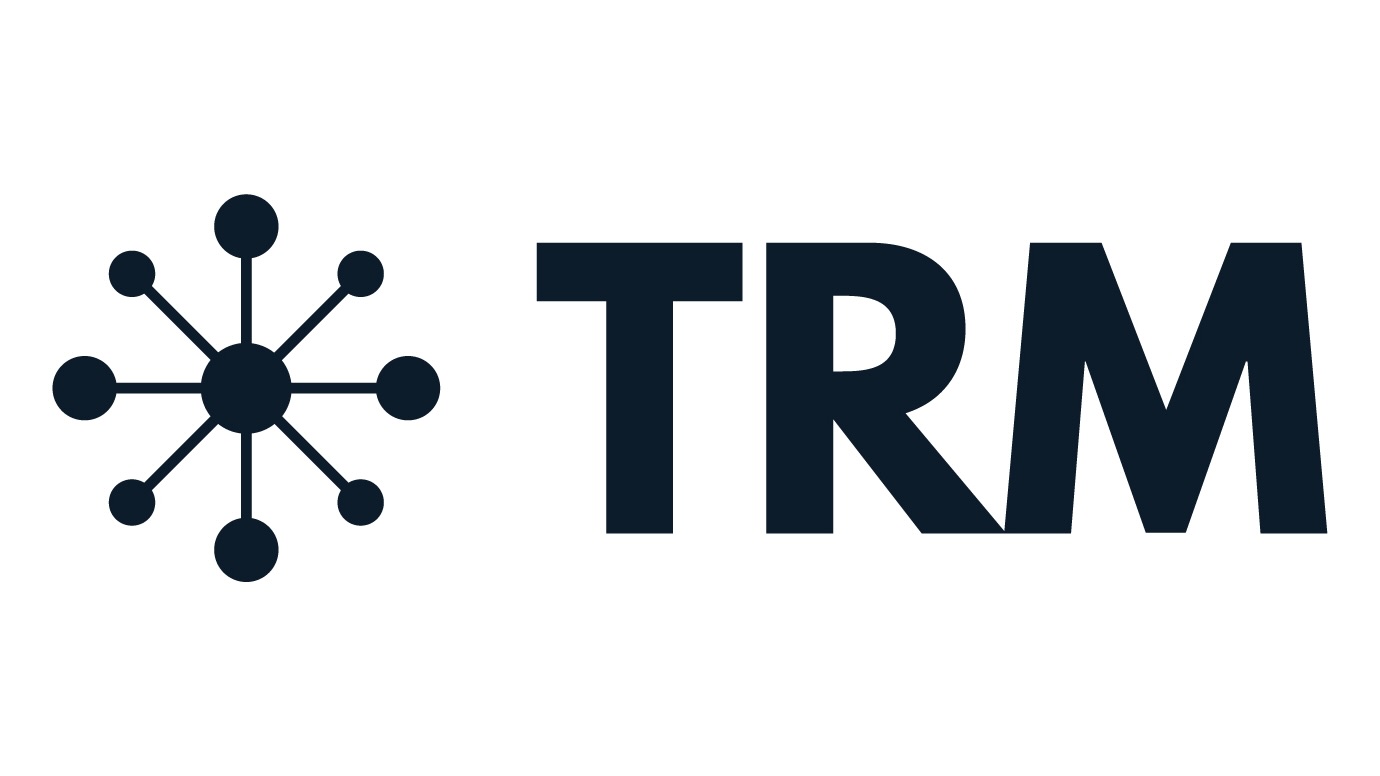Chinese Shadow Bankers and Crypto Casinos: Money Laundering Schemes

Blockchain analysts at TRM Labs conducted an investigation into Chinese underground banking networks that launder billions of dollars through online casinos and cryptocurrency.
From Land-Based Casinos to Digital Laundering
In the past, triads favored brick-and-mortar casinos in Hong Kong and Macau. After COVID-19, many operations shifted to the digital realm.
Online casinos and crypto platforms became the new hub for laundering funds. The “fei qian” (“flying money”) system allows operators to bypass international wire transfers, avoiding AML alerts with fees as low as 2%.
Key Features of “Fei Qian”
- No direct bank transfers across borders
- Use of cryptocurrency and casino accounts to move funds
- Reliance on unlicensed crypto exchanges and OTC desks
- Advertising via WeChat and Telegram
Ties to Global Organized Crime
These Chinese networks have become a key link for drug cartels, North Korean hackers, and Russian criminal groups. Their clients use these channels to:
- Launder drug trafficking profits
- Evade sanctions
- Convert stolen cryptocurrency
Case Study: North Korean Hackers
Groups like Lazarus funnel stolen cryptocurrency through Chinese OTC brokers. These intermediaries convert assets into fiat, route transactions through shell companies, and procure sanctioned goods for North Korea.
Triads and Their Methods
Organizations such as 14K and Sun Yee On have integrated cryptocurrency into their traditional casino-based laundering methods. Common techniques include:
| Method | Description |
|---|---|
| Casino Credits | Convert cash into chips or online balances, gamble briefly, then withdraw “clean” funds |
| Trade-Based Money Laundering (TBML) | Purchase goods with illicit funds and resell to legitimize the proceeds |
| Crypto Payments for Precursors | Pay for drug-making chemicals in Bitcoin/Tether |
“Mirror Exchange” with Cartels
This method allows currency and assets to be exchanged without crossing borders:
- The cartel delivers U.S. dollars in cash to a broker in the United States
- The broker provides the equivalent in pesos in Mexico
- The U.S. dollars stay in the country and are given to a Chinese client, who pays the broker in yuan in China
- All transactions occur outside the banking system, often involving cryptocurrency
How These Networks Evade Detection
- Transactions routed through low-regulation jurisdictions
- Use of mixers, cross-chain bridges, and privacy coins
- Structuring transactions into smaller amounts (“smurfing”)
- Encrypted communications and code words
Conclusion
Chinese shadow bankers and triads have built a global money-laundering ecosystem by combining cryptocurrency, gambling, and trade-based schemes.
Combating these operations requires international cooperation, advanced technical tools, and sustained pressure on the network’s critical nodes.
